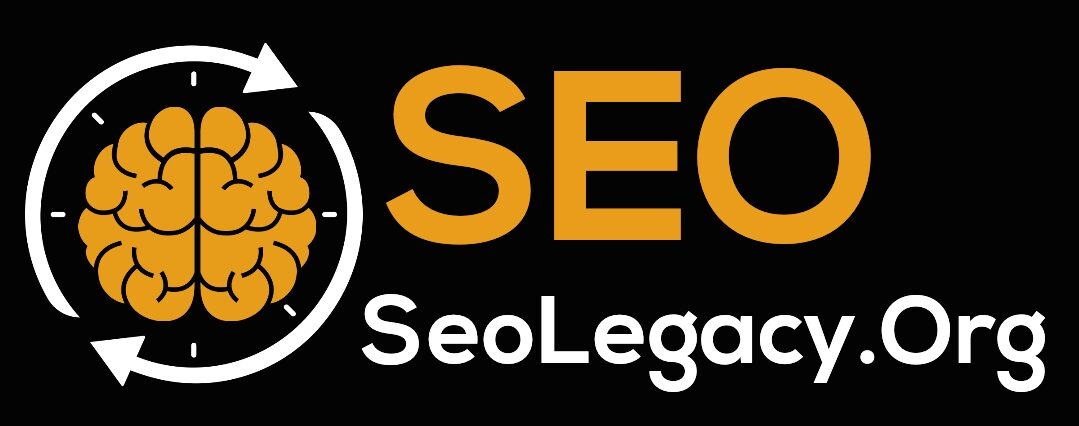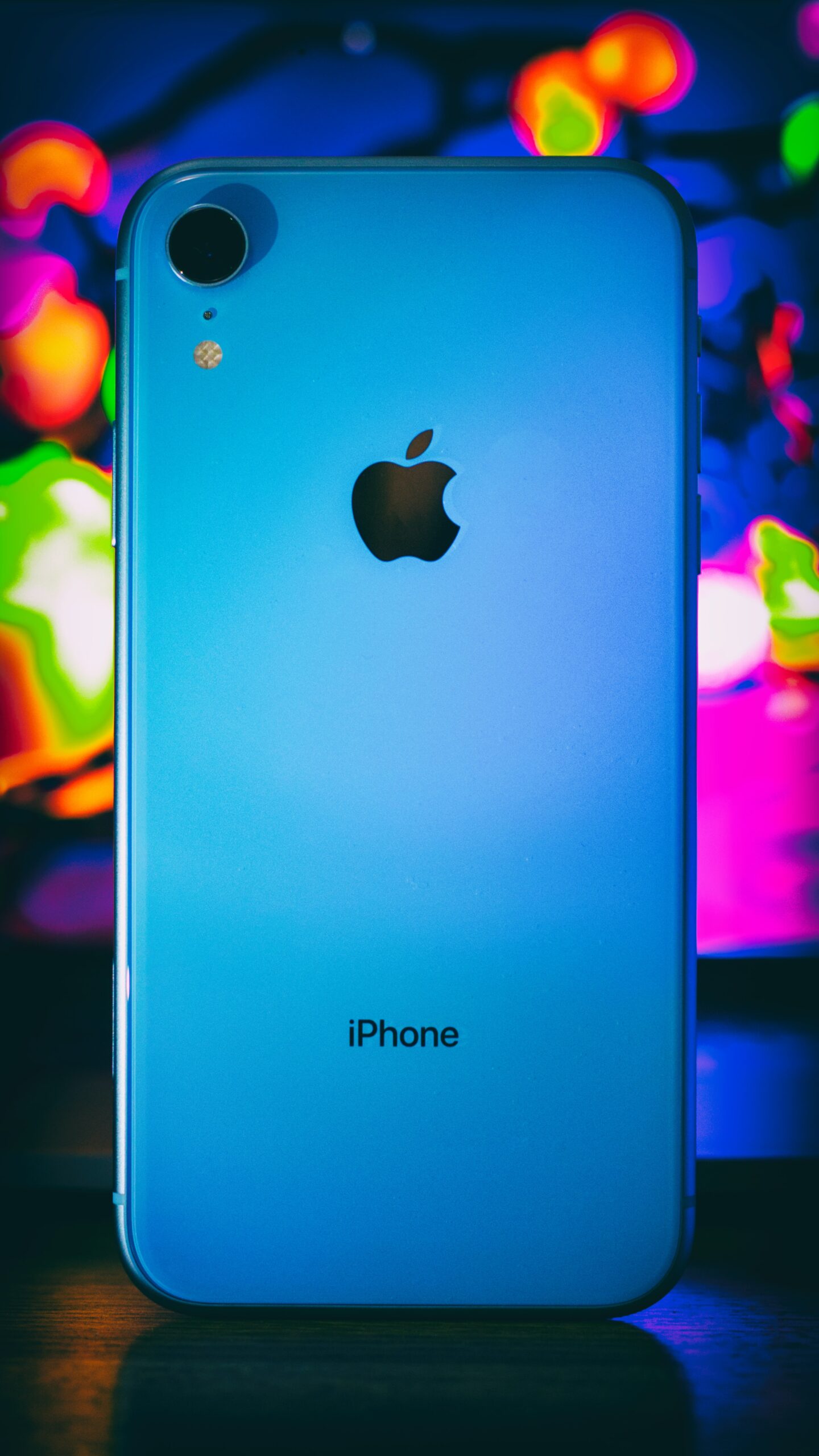Is It Genuine Or Made By Artificial Intelligence? Europe Beeds A Name For That As It Battles Disinformation
The European Association is pushing on the web stages like Google and Meta to increase determination to battle bogus data by adding marks to message, photographs and other substance created by man-made reasoning.
A top official said on Monday that the European Union is pushing online platforms like Google and Meta to add labels to text, photos, and other content made by artificial intelligence to fight false information.
Vera Jourova, vice president of the EU Commission, said that a new generation of AI chatbots’ ability to create complex content and images in a matter of seconds presents “fresh challenges for the fight against disinformation.”
According to Jourova, she requested that the 27-nation bloc’s voluntary agreement on combating disinformation be implemented by Google, Meta, Microsoft, TikTok, and other tech companies.
Jourova stated at a briefing in Brussels that online platforms that have integrated generative AI into their services, such as Microsoft’s Bing search engine and Google’s Bard chatbot, should create safeguards to stop “malicious actors” from creating disinformation.
She stated that technology should be implemented by businesses providing services that have the potential to spread AI-generated disinformation. This technology should “recognize such content and clearly label this to users.”
“I don’t see any right for the machines to have the freedom of speech,” Jourova stated of AI regulations: “I don’t see any right for the machines to have the freedom of speech.”
Many people have been awestruck and alarmed by the rapid spread of generative AI technology, which can produce text, images, and videos that are human-like. This technology has the potential to change many aspects of daily life. With its AI Act, Europe has led the global effort to regulate artificial intelligence. However, the law still needs final approval and won’t go into effect for several years.
EU officials are concerned that they will need to act more quickly in order to keep up with the rapid development of generative artificial intelligence because the EU is introducing a separate set of rules this year to protect people from harmful content on the internet.
The EU’s Digital Services Act will soon make the voluntary commitments in the disinformation code legal obligations. By the end of August, the biggest tech companies will have to better police their platforms to protect users from hate speech, disinformation, and other harmful content.
However, according to Jourova, these businesses ought to immediately begin labeling AI-generated content.
The EU code, which requires businesses to regularly report on their progress in combating disinformation and measure their efforts, has already been signed by the majority of those digital giants.
In what appeared to be Elon Musk’s latest attempt to relax restrictions at the social media company after acquiring it a year earlier, Twitter pulled out last month.
Jourova called the exit a mistake and received a firm rebuke.
Twitter has made a difficult choice. They chose conflict, she stated. There is no doubt that Twitter’s decision to leave the code has attracted a lot of attention, and its actions and compliance with EU law will be closely and quickly examined.



